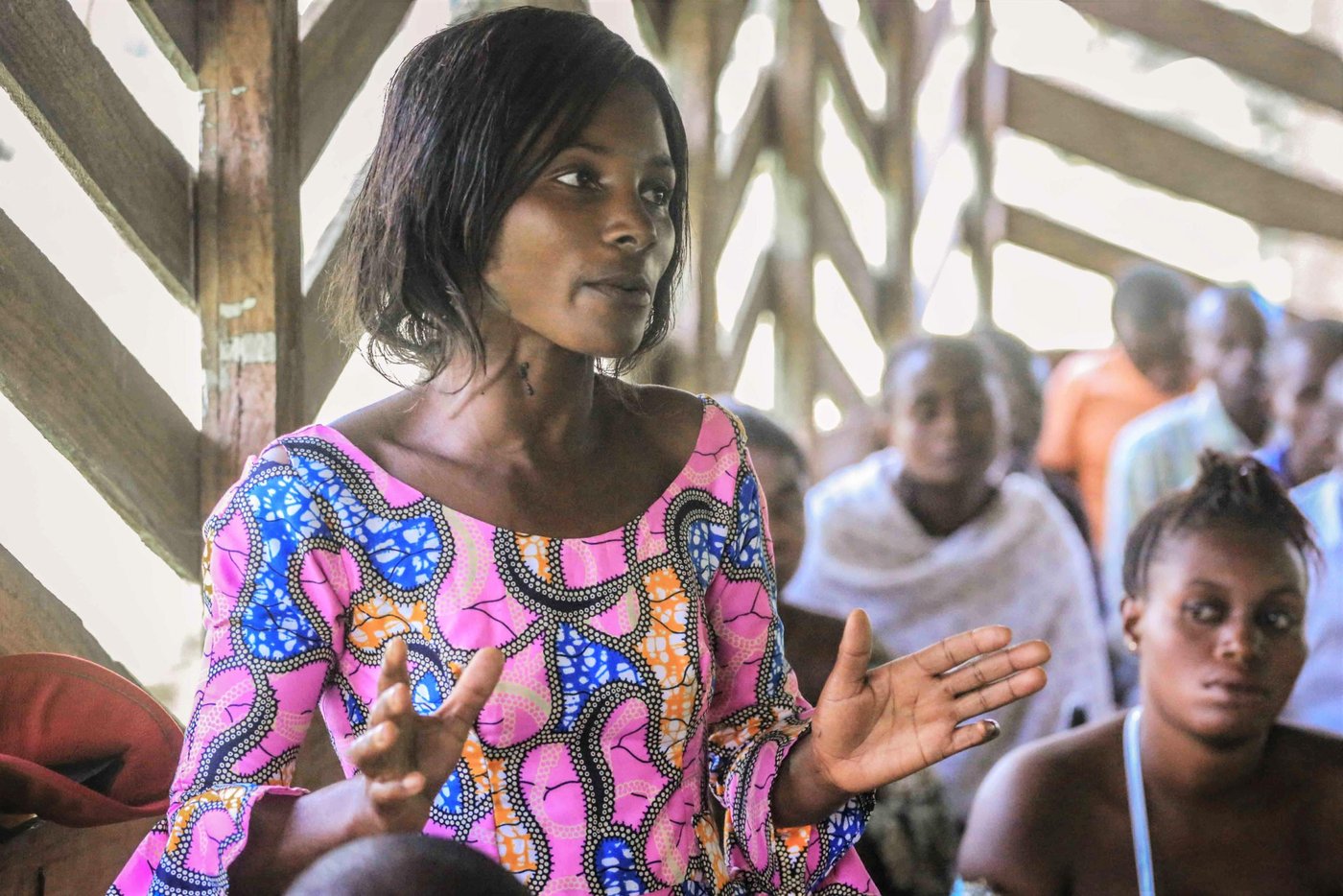At 16 years old, Hanna* was abducted. Taken away from her family and sold into marriage. The community presumed it had been organised by her brother, for profit.
Flashback to three years before this moment.
In a town nearby Hanna’s village in Malawi, an NGO started the “Young Women Can Do It” Club. There, young people gathered to discuss and tackle the social barriers keeping young women and girls out of school. With the right resources and community support, they could decide which future to pursue during and after education.
Hanna, then 13 years old, was quiet yet full of ambition.
“When Hanna first joined the club, she was so shy,” recounts Hamelmal Getachew, the Norwegian Refugee Council’s (NRC) global specialist on economic inclusion. “She always needed some encouragement to speak publicly, even to say something at all.”
Part of the club’s aim was to ensure Hanna’s voice was amplified.
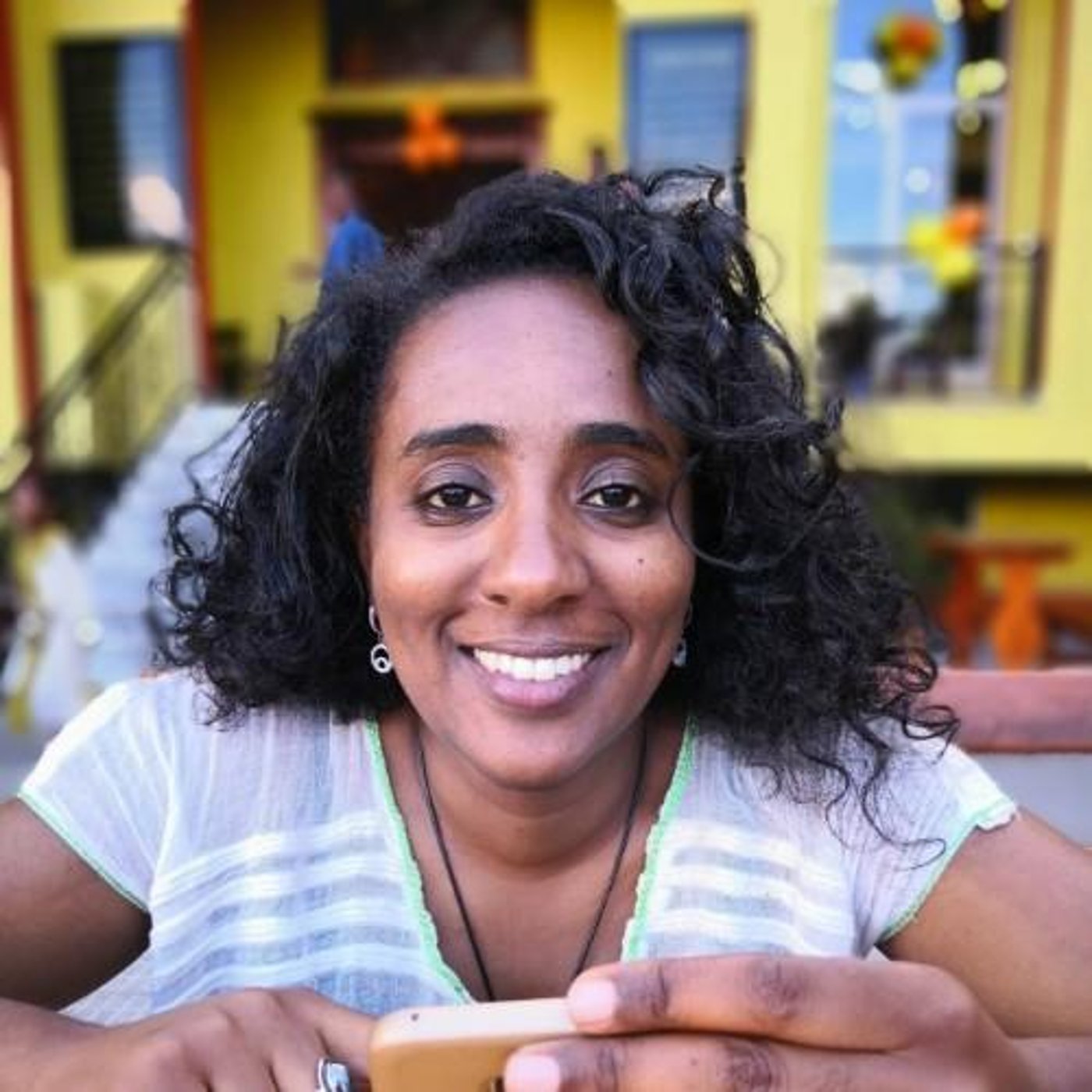
The club formed a steering committee to take decisions based on the wider group’s input. Hanna was one of the committee members. Together their decision-making role had more authority than NGO staff. Now, Hanna was able to lead in pointing to educational barriers as well as designing the solutions that would most benefit her community.
After years of working with the club, courage replaced her apprehension. “She really started to speak up, even more than her colleagues,” says Hamelmal. As a respected member of the club, Hanna had harnessed her confidence and found her voice.
Flash forward.
Three years later – Hanna is a teen wife. Everything she had built rested on a fading horizon – her leadership role, access to education, and her future – fleeting from grasp and view.
But Hanna could not be silenced. After the abduction, she found her way back to the club – back to her friends and support system. Her voice was bold and strong.
“‘I can do better for my life. I can advocate for myself and my fellow girls,’ Hanna kept saying,” recalls Hamelmal. “The club and project intervened. The police became involved.”
People have hidden potential. Sometimes it just needs to be drawn out and given a platform to express it.Hamelmal
After an incredible effort by her peers, she was finally released from the marriage.
All the club members rallied round to help her catch up on the schoolwork she had missed. Hanna kept pace with her education alongside her club activities for another two years. She became an advocate in her community for other young women, all while earning her high school diploma.
The confidence Hanna established by taking a leadership role warded off the shape of a future nearly forced upon her. “A project has the ability to really enable people”, says Hamemel.
“It’s not just about giving out materials or cash. It’s about putting in the time – about getting the best out of human contact. People have hidden potential. Sometimes it just needs to be drawn out and given a platform to express it.”
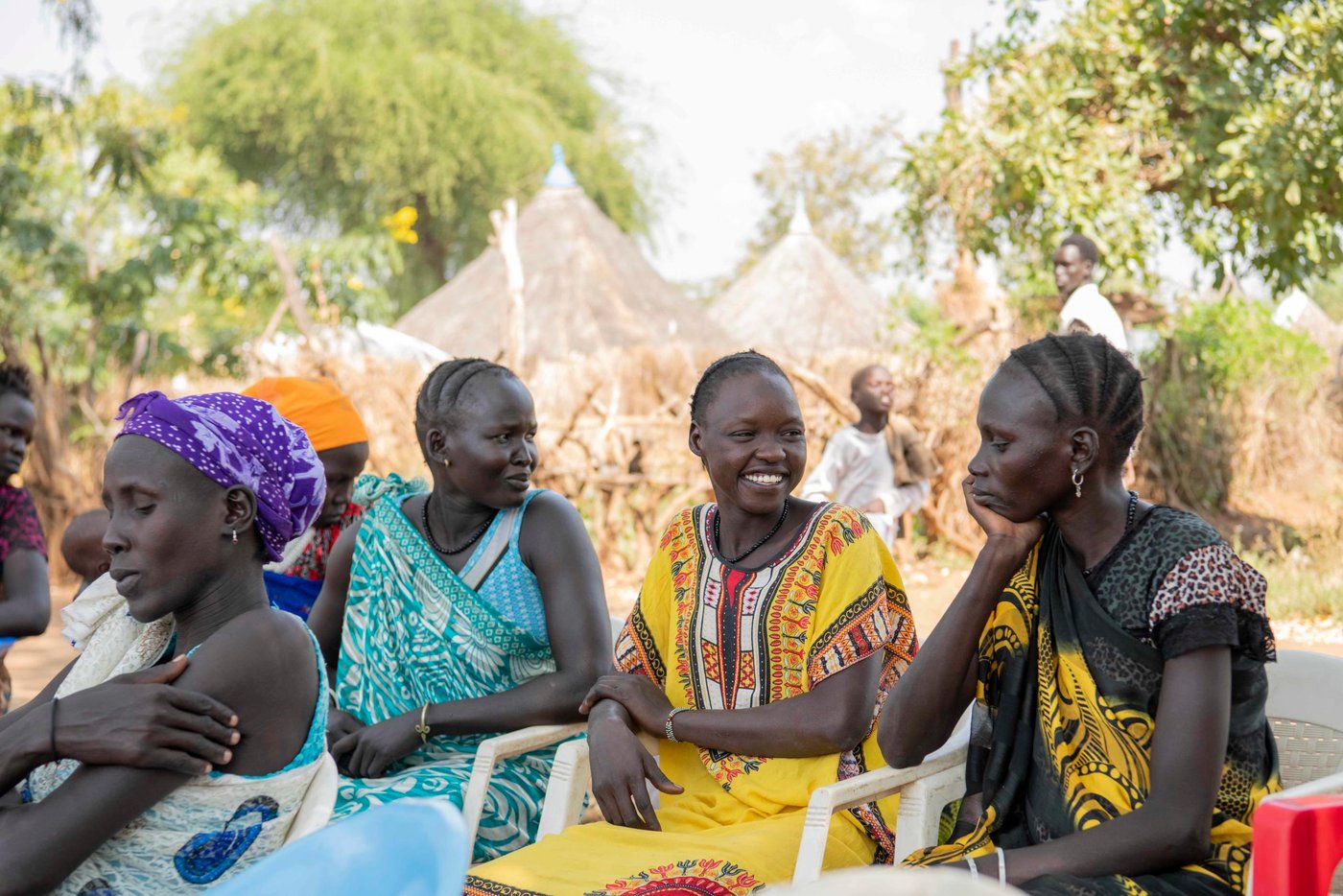
Refugees join decision-maker’s table
Hamelmal Getachew was instrumental in coordinating “Young Women Can Do It” Clubs. In doing this, she worked alongside Hanna for five years.
Hamelmal has 14 years of humanitarian experience under her belt. Even so, she remembers Hanna’s transformation as one of the most impactful. It instilled within her the importance of young people having the power to make their own life decisions.
Now with NRC, Hamelmal has drawn inspiration from Hanna to co-design a new youth innovation initiative focused on youth economic inclusion. This innovative project focuses on supporting young refugees and displaced youth to take leadership roles so they can determine their own economic futures. The goal: to transform both how we understand participation and how we treat displaced people as robust sources of knowledge.
Traditionally, people affected by displacement are categorised based on their different needs. NGO staff typically interview them to find out what those needs are. They then decide what kind of assistance and services will provide the most meaningful support.
But during this process, their testimonies about what they need must be modified to fit funding proposals as well as meet donor expectations. This often results in their ideas not fully being taken on board.
Hamelmal believes this kind of participation is not inclusive enough.
There has to be a transfer of power which is achieved by placing refugees in leadership roles.Hamelmal
“Many times, NGOs see these interviews as participation. But we are all too often taking an expert eye, assuming that youth don’t know what they want, that they are unsure of what they mean, or that they don’t know how to follow protocols,” she says.
“And after we first ask what their needs are, we don’t go back to speak with them, and revise based on whether they agree with what will be provided. That’s not fully participatory or fair to what they know.”
The problem with “needs”
For Hamelmal, part of the problem starts with the word “needs”, which immediately defines displaced people as passive recipients. She believes there is a better starting point. “When we think in terms of skill and potential, people are transformed into agents,” she says. This makes space for their ideas to soar and their talents to shine.
Part of Hamelmal’s plan tackles these issues by placing young people squarely at the decision-making table. This will both demonstrate their skills and build trust in their testimony. “There has to be a transfer of power,” she urges, “which is achieved by placing refugees in leadership roles.”
With Hanna in mind, it is clear just how effective handing over power can be.
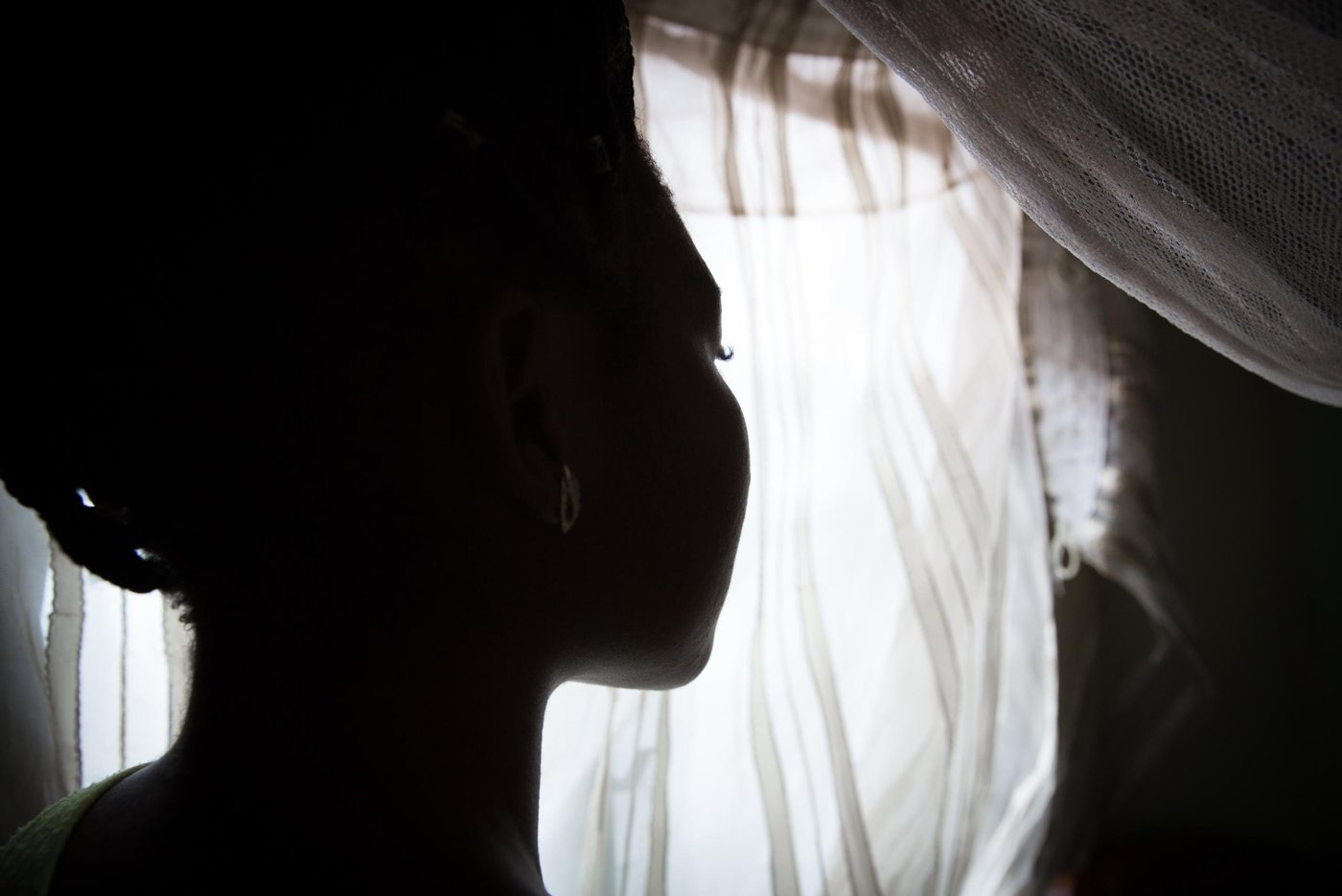
The plan: renovate and revolutionise
This youth innovation initiative will be tested, modified, and rolled out across different regions – and Hamelmal hopes – around the world. As the project enters its first phase, she and the NRC colleagues who helped co-design it are excited about its impact on human potential.
Here’s how it works.
To start with, young people will design their own business projects, deciding which economic ventures will best suit them and their communities. Whether it’s agriculture, technology or creating a local business, they get to choose what fits.
After they have mapped out their projects, they bring them to the project management team. This team is made up of the youth participants, some members of the community that is hosting them, and just two NRC staff. This roundtable of decision-makers collectively decides which projects will go forward.
“This platform brings everyone together to brainstorm young people’s economic futures – and this time, it is led by the young people themselves,” Hamelmal underscores. It becomes the perfect place for people to exhibit and develop their skills and potential – handing a megaphone to the youth whose voices might otherwise be unheard or discredited.
By forming a collective of different perspectives, Hamelmal and her team intend to carve out more space for women and people with disabilities, so they can take the lead. It also engenders the chance to change any negative perceptions of refugee youth held by members of their host communities. By working together, more positive views of a shared social landscape become possible.

Where does NRC fit in?
Traditionally, NGOs dictate what is possible and how. This time, it’s the youth who have often been forced onto the margins that get to decide, and NRC is there to uplift their decisions.
NRC staff will act as a technical team, jumping into action to assist them in reaching their goals. When they are building their entrepreneurial projects, we provide guidance and coaching. After those projects are approved, we offer specialised business training, start-up capital and long-term mentoring to ensure they’re successful.
“When we support refugees and displaced youth in building a project, they become more self-sufficient,” Hamelmal continues. “This also builds a sense of ownership – that ‘I am responsible for this’. This translates into a higher likelihood that whatever initiative they choose can be sustained or replicated because they enjoy it and have the skills to see it through.”

Ripple effects
To have greater impact, Hamelmal plans to involve a broad network of organisations at all levels.
“Most organisations share the traditional model of thinking. If we want to really change people’s minds, other refugee camps, NGOs and higher-level organisations have to be on board to collectively build confidence and fairness across regions,” she says.
Hamelmal and her team hope that collaboratively prioritising young people’s ideas and self-sufficiency will bring waves of change across the humanitarian sector – starting with NRC’s own team.
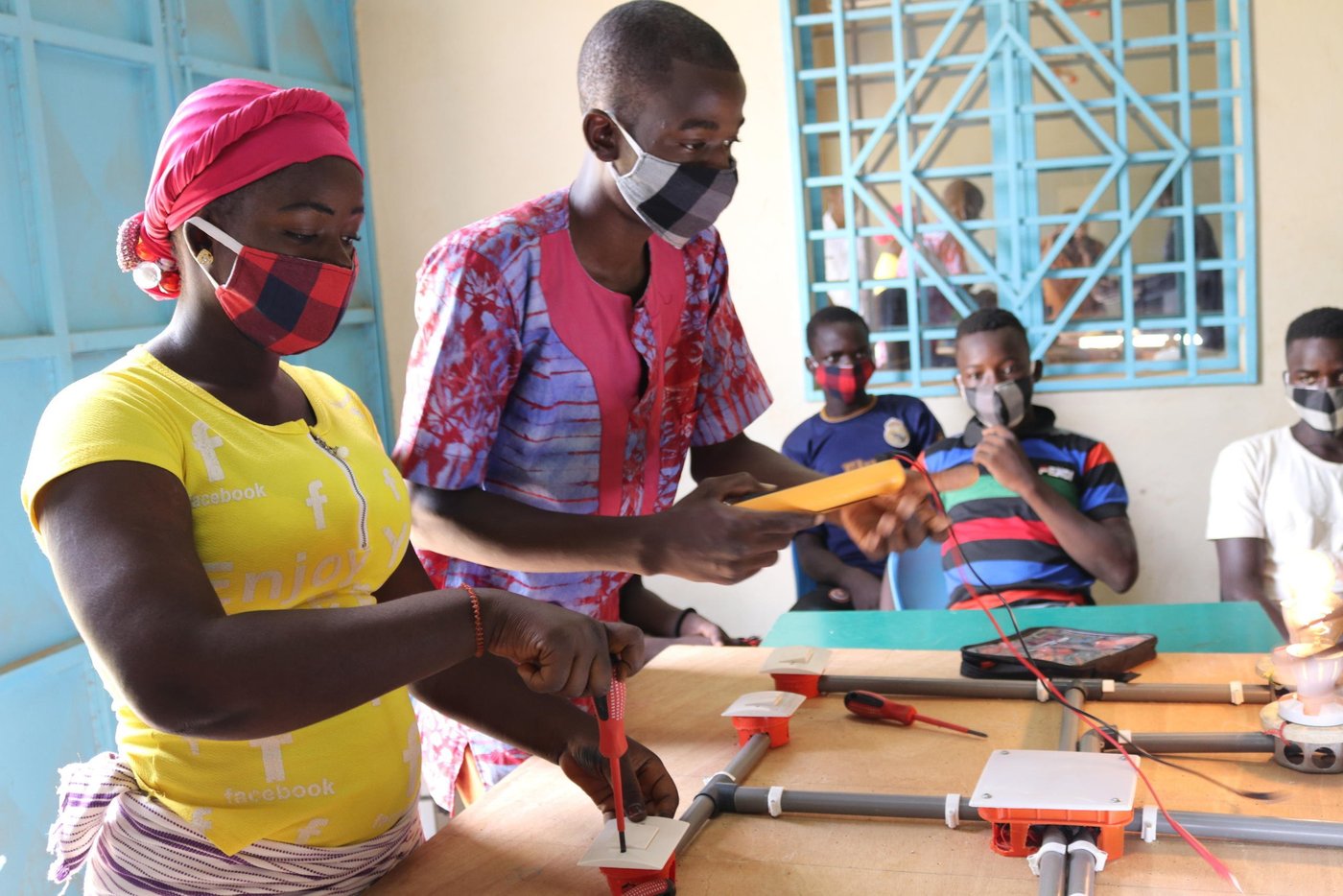
Flexible funding makes change possible
Trying out innovative ideas often requires experimentation – the exciting part! But with very little funding available to engage youth in finding their own solutions, Hamelmal and her team are ecstatic to be granted flexible funding from NRC.
“Traditional models of funding limit people to traditional models of practice,” she explains. “That’s why flexible funding is vital to innovative thinking. Of course, it’s always important to have a frame or scope to work within. But it’s time to shift away from rigid thinking and build new things. And to do this we have to start with people. People are not fixed. They are changing – changed by contexts and new situations. And in order to adapt to these changes, we need funding that allows us to do so.”
When funding mirrors the shifting human context, we can truly put people first.
*Name changed to protect the person’s identity
***


